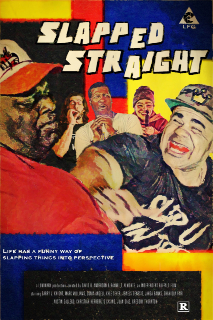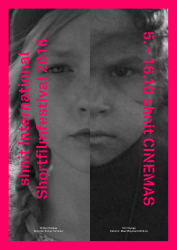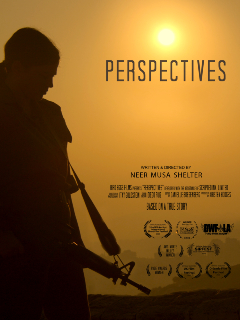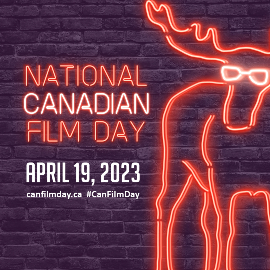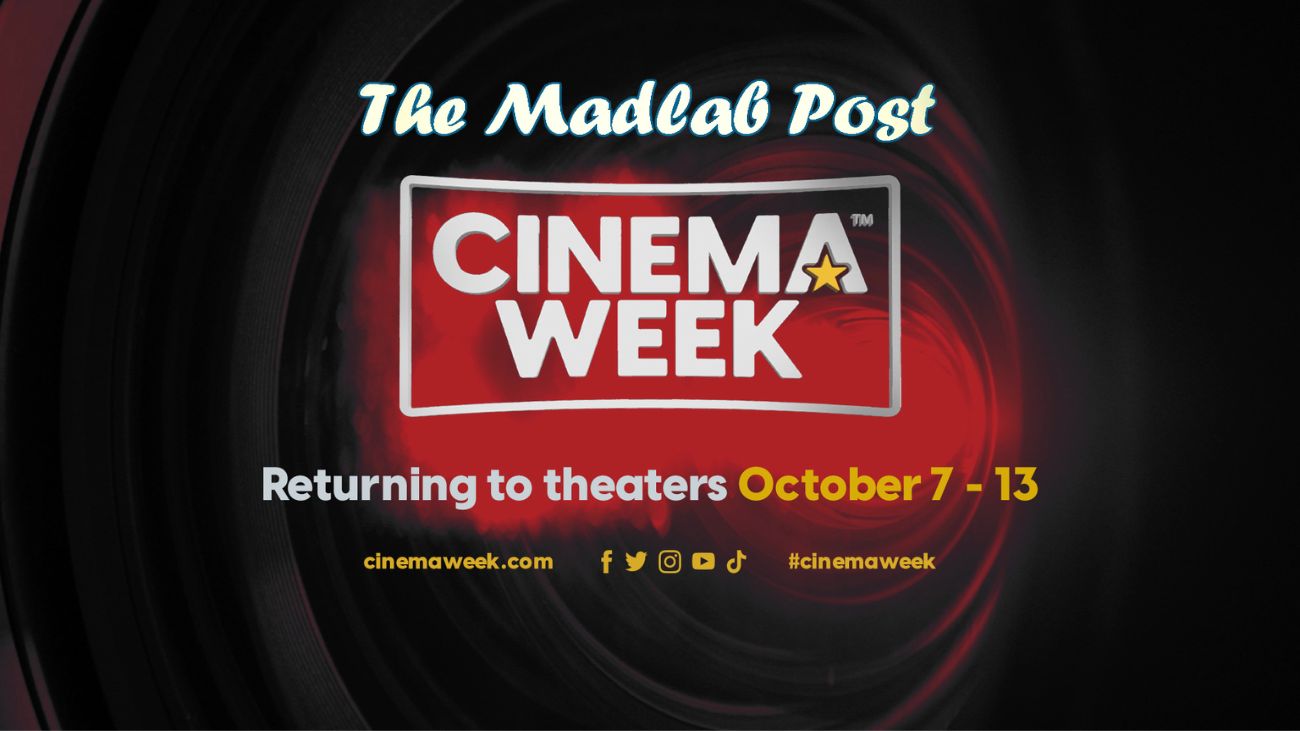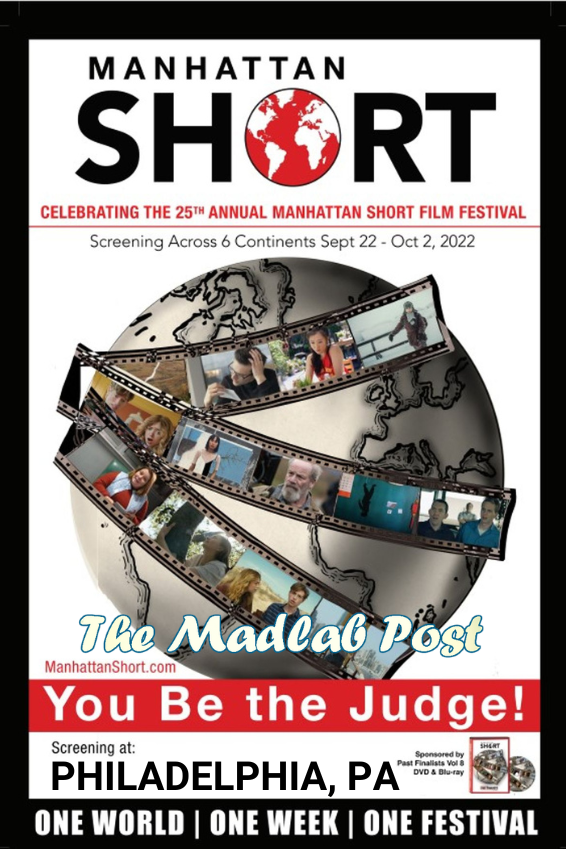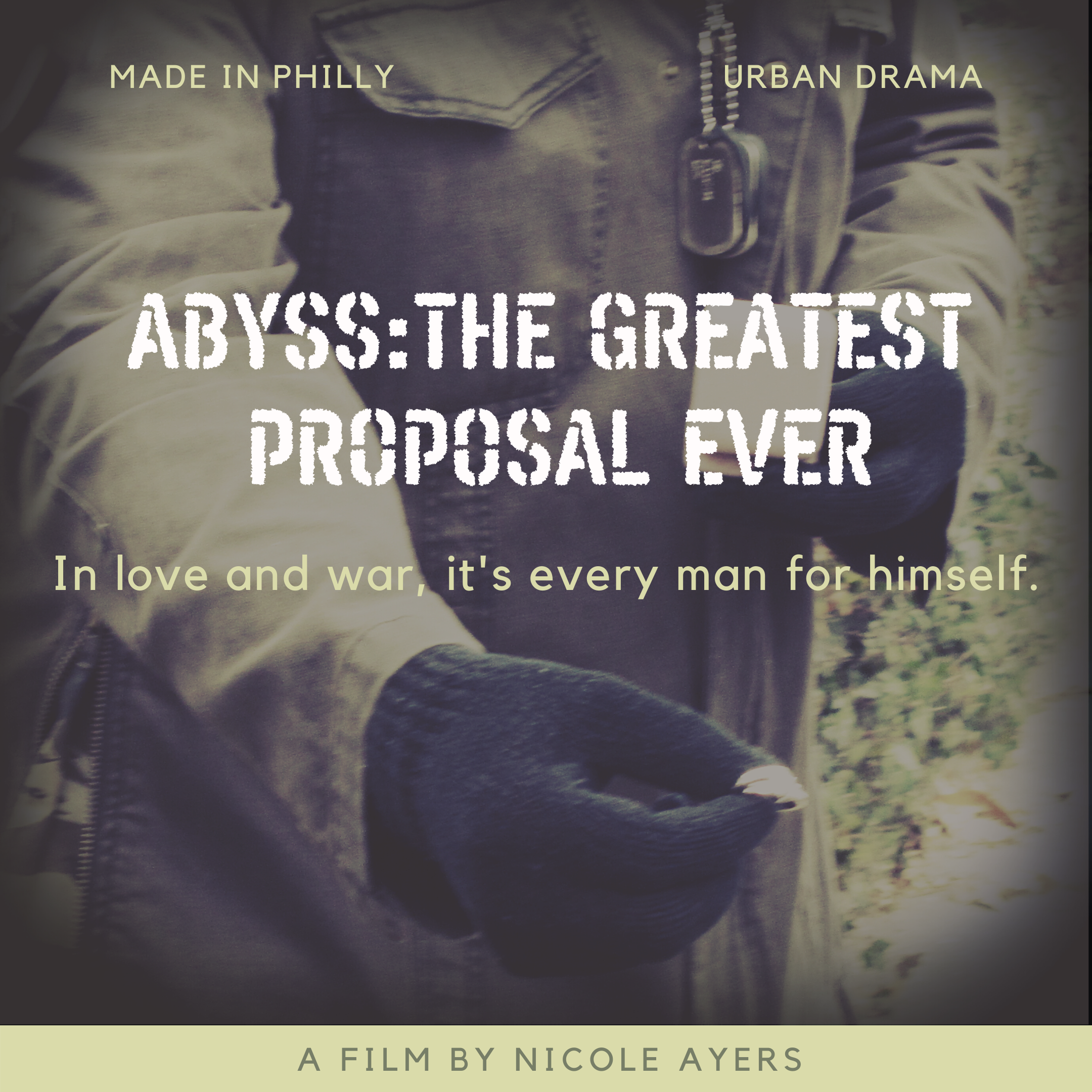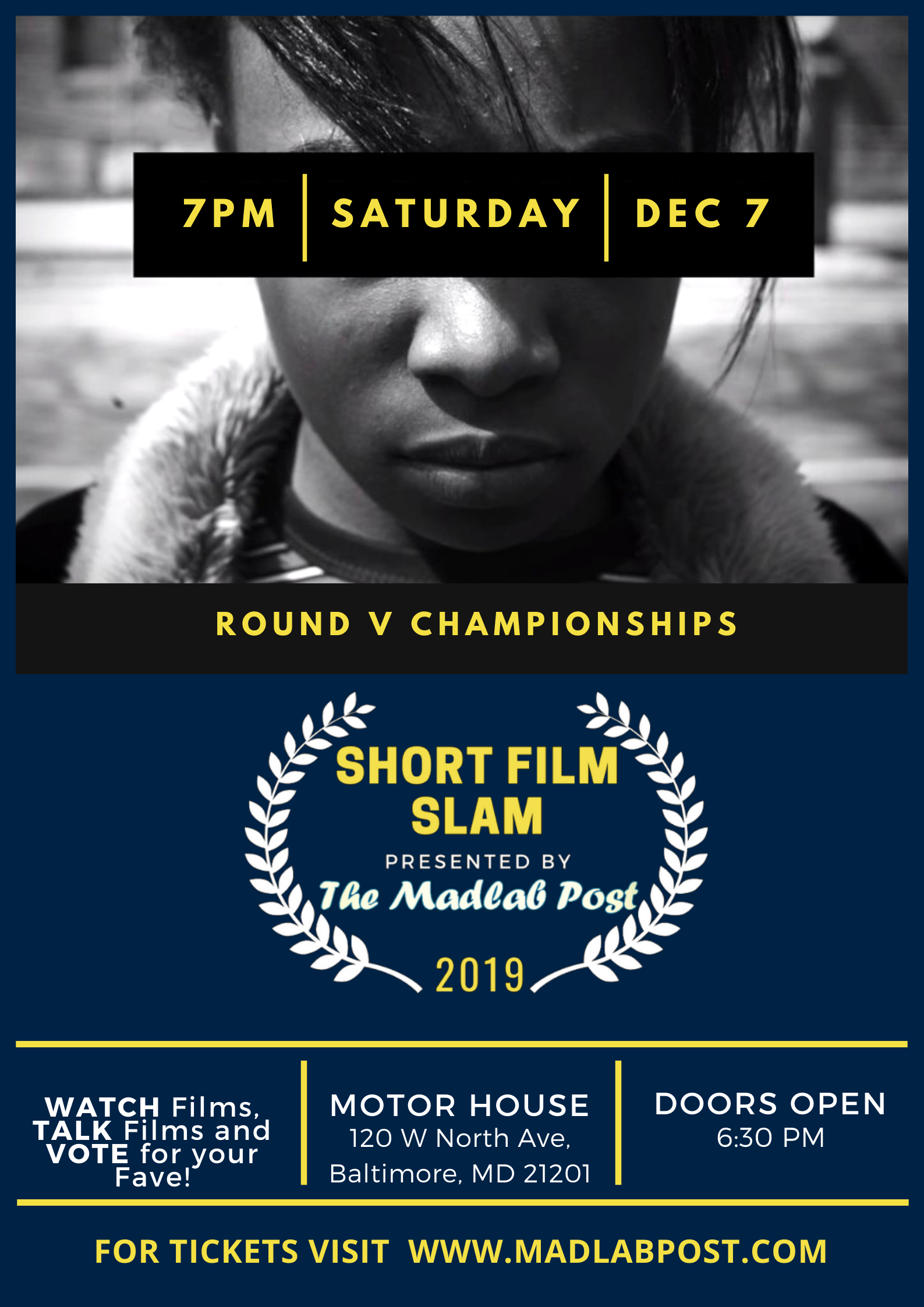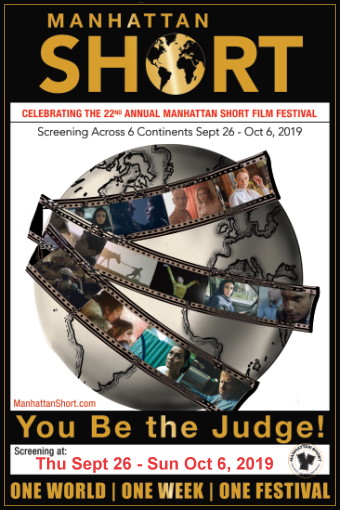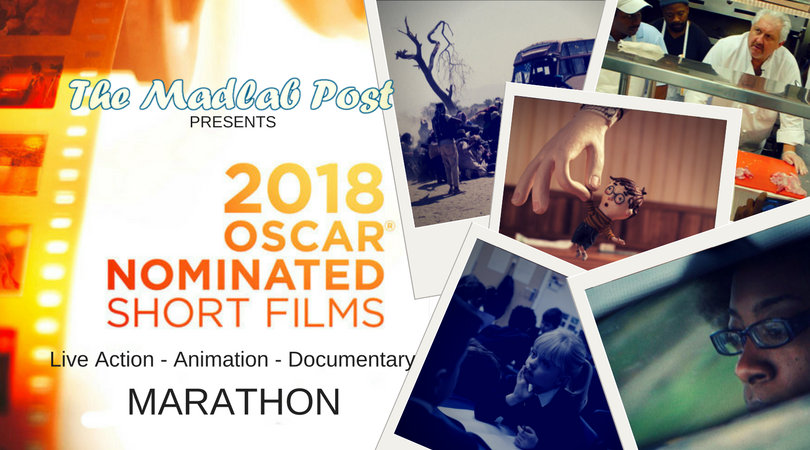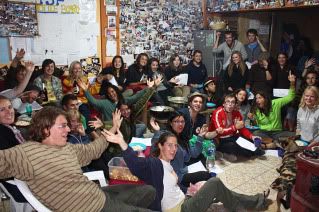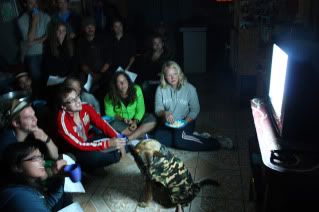
In September, the 2011 Couchfest film festival screened short films in over 30 locations around the world. Here is the second part of an interview that I did with Couchfest founder, Craig Downing, where he explains why film submissions are rejected, how he manages to find a balance between his love for cinema and everyday life without going insane and why cash prizes continue to be a staple aspect of this festival.
Madlab Post: Are you still providing cash prizes for winning films? If so, who or what entity makes this possible?
Craig Downing: I really don’t like the idea of pay-to-play; I know that a lot of these filmmakers have worked so hard to make these films, you know – they’ve basically been late to jobs, lost significant others and separated themselves from their families to get down into the basement and edit these gems, so I always feel a little bit weird about not offering prize money. I feel like that’s always going to be a key element to our film festival, so every year we’ve always offered cash prizes – some years, we offer these eight-foot karate trophies that we love sending; we make these silly marathon medallions and sashes that we send to people, in addition to the cash prizes.
We would like to continue to offer filmmakers the opportunity for cash prizes – especially when the first year we did it, we called the Golden Couch winner and was like “hey, congratulations! You’ve won $1,000 in U.S. cash for your film” and they were like “great!” and then said “hey Craig, by the way, do you think there is a chance that we can come by and get the money now, because our rent is due tomorrow?” and I was like “Fuck yeah, that’s why we do this!” It’s exactly why we fucking do this. Secondly, who the hell is paying for it? To be honest, it’s The Foundation of – my back pocket.
We’ve been looking at a model to where sponsors can recognize the great opportunity to put their product in front of creative types around the world and be part of this film festival all at the same time but that’s a weakness of ours. It’s hard for us to put all of our hats on at the same time, so this coming year, we’re going to start 11 months before the film festival – we have a sponsorship coordinator that we’ve hired and we’re going to start with enough lead time that if a company does recognize the true value of what we’re doing and wants their product in front of the right customers, the right clients and the right audience, then we’re setup to give them enough time to jump on board and basically I don’t have to keep standing on the edge of my credit card to make this happen.
Has Couchfest become a full-time responsibility?
When it’s happening, it’s about a 200% full-time responsibility; About six months before, it starts to ramp up, like any film festival and during those last two months, you’re lucky to get in naps or even eat. The last two months, it ends up being everything and then throughout the year, it ends up being a part-time job while you’re going to film festivals and you’re working on other things. There’s not much you can do six months out – you can’t promote the films, because you don’t know what the films are yet; you can’t make the DVDs because you don’t have the films, so it’s something that loads up, the closer you get to the event.
How are you able to run a film festival and manage a balance between it and another job or social life?
That’s assuming that I am handling that very well (laughs) – I don’t know if I am. I’m very obsessed with what we do, so I probably spend 90% of my time on the last 1% of the details that no one else will notice because our staff is sickly, unhealthily obsessed with promoting awesome films to awesome hosts and bringing people together. Unfortunately, I just cry every time I see a good film, so for me, it doesn’t feel unhealthy because I love what I do.
As far as a healthy balance goes, I can’t say that it’s a healthy balance – You show me someone in the film industry that’s healthy! It’s not designed for a healthy lifestyle. Unfortunately, I love it; I have a crippling weakness for community projects, so I come back every year with the same, if not more, energy to do it again.
How can the Couchfest method of watching movies in stranger's homes work for independent filmmakers who want to take their movies on the road and gain a larger audience?
We’re always trying to figure out how to get a bigger audience, ourselves, so we’re both in the same boat on that one. My recommendation would be to give your host plenty of time to promote what you’re going to bring them. Secondly, finding a house to do it is a great idea, but don’t overlook community events or community organizations.
For example, the one that we’re working with here in Warsaw, Poland – they’re an art collective and they promote art and culture in a part of a neighborhood that’s been kind of neglected; when they do events, the whole community comes out, which is what our mission is – bringing people together with mind blowing films. So, what I would do is look into hosts but also off-venue opportunities like youth centers, art collectives or even independent film organizations.
You could even look into DIY – bike garages or bike collectives; think about your audience, what do they like? – (hypothetically) Oh, look, there’s like a dumpster diving meeting that happens once a month – why can’t I have my films at the introduction of their meeting or after their meeting, why not just have a little 30-minute social film gathering?!
So, I would piggyback it with events or groups that probably would enjoy what we’re doing and also have similar interests. You could just basically have your film fest inside of a thrift store – I mean, right there would be your target market! Get like, 50 white t-shirts from the t-shirt rack and make a film screen out of them. That’s a nutty little idea that you could go with.
Can you name some reasons that would cause short film submissions to be rejected from Couchfest?
Hell yeah -- You’re film is three minutes long, for the love of god, DO NOT have a one-minute credit screen!
33% of the audiences’ experience is watching the credits! I know the credits are important, but find a way to have it not be a significant act or chapter of your film. That’s key because people are sitting in someone’s living room; if the film is two to four minutes and then there’s a minute of credits, that’s a lot of downtime. It makes it more difficult for us to accept a film if the credits end up being a major section of the film.
Think of it this way – a feature is two hours, right?! – and the credits are maybe 10 minutes. Percentage wise, what is that? 120 minutes and 10 minutes of credits – that’s like ten percent. So, if a movie is three minutes, which is like 270 seconds, the credits should be like 10 seconds, tops! Make the credits quick, don’t hurt me. Also, it’s never about the production with us. It’s mostly about “Is that story good?” – that’s all we really want.
I can’t tell you how many films we reject from state film schools or production houses and how many films we are gleefully accepting of that comes from people we’ve never heard of and halfway through the film, it’s obvious that they ran out of friends and they actually cartooned the rest of the film because they ran out of people to help them. If the story is good and we get goose bumps or we laugh so hard that our co-workers tell us to shut up or we drag a co-worker to come over to see it, [a film is less likely to be rejected].
Watch the level of trying to hard. There’s a big difference between acting for theater and acting for film – you don’t have to be so LARGE when you’re filming, and I think that sometimes, that drama comes across in a film and it’s too much for the frame – our programmers will reject that very quickly.
What has been the key to Couchfest's growth and success since it started back in 2008?
Most of my staff have all been filmmakers, so we try to remember the heartaches and the frustrations of what it’s like submitting and making films. We try to make it so that every step of our film festival feels genuine, real and organic; On our application, we have ridiculous questions like “How awesome are you?” and “We demand gossip!” -- We also know that submission fees are expensive.
We remember submitting our films to film festivals and being shocked that the submission fees were more than our film budget. So, when we ask for a submission fee, we make it very clear that if your film is selected, we reimburse your film’s submission fee and we’re proud of that. We know that if we liked your film, you should be able to get something out of it and on the other hand, if we don’t accept your film and we do retain your submission fee, we offer – if you want; maybe you don’t, but we offer the notes that our programmers took on your film.
It’s basically free objective, we-don’t-know-who-you-were kind of feedback about your film; so if you’re going to pay for your submissions and you don’t get accepted, we feel like we’re at least giving you something or the opportunity to get something out of it. You’re not getting your girlfriend or your boyfriend telling you how much they love the films, we’re giving you our honest feedback.
Can you describe your strangest or most surprising memory from this year’s Couchfest that reminds you how truly unique this event has become?
I had a couple of volunteers who, when done with their shift, they were allowed to go to the other houses in Iceland and see other films; During the film festival, I was walking back and forth between the houses to see how things were going and I saw my volunteers and I was like “How are things going? Did you like the new films?” and they totally blew me off, did not talk to me and I felt so honored that they were like “Yeah, yeah, I know that’s the director of the film festival, but Fuck You, we’re late for these films – we gotta go! I don’t want to miss any of these films; we can’t talk; gotta go, gotta go!” and they were just so excited about going to the next house and dashing off on their bikes that they just had no interest in talking to anyone. I just thought that was kind of amazing.
Since you cannot be in 50 places at once, how were you able to maintain a smooth flow between all of the domestic and overseas houses involved with Couchfest 2011?
We made it really clear in the beginning, and with our application process, that there’s only so much we can do; we can’t provide insurance for your place – that’s just something that we can’t afford to do. So, you’re kind of an independent, off-the-radar venue; an independently operating entity. We can provide the content and we’ll help you with promotion, but we, in no way, can handle the insurance or equipment; we can’t sign off on anything in your house.
We gave the DVDs to them as early as possible so that they could test them before we added their event to our website; we were constantly online so that if anything was happening, we could make updates and changes immediately, to reflect what was happening – we got lucky; We have a great staff so we micro-nano-analyze everything that could possibly go wrong and have plans of what we could do and things we could participate in proactively to make it smooth for the host.
That’s not saying that there weren’t things we could improve on, but we front loaded as much as possible so that the hosts wouldn’t have to sweat so much and they could really just enjoy the experience of being a host and being with the audience, there at the house. So, we try to just organize as much as possible in advance and then monitor it online, what we can do to offer support.
Couchfest is a cutting-edge short film festival where the program lineup is so good that volunteers totally blow off their boss between shifts, in an effort to make sure they don’t miss any of the screenings.
The event delivers films in Haiti and makes it possible for movie lovers in Slovakia to have access to the same films that are showing at industry-recognized events including the Melbourne International Film Festival, Seattle International Film Festival and Toronto Film Festival.
Watching independent films has never been more fun. Here's hoping that this interview will encourage more movie lovers to seek out, appreciate and enjoy the kind of laughs, discussions and modern-day attention span accommodations that short films offer!
*Photo by Christopher Velasco, courtesy of Couchfest films.
Technorati Tags: couchfest+films, couchfest+2011, couchfest+films+interview, couchfest+film+festival, couchfest+craig+downing, craig+downing+couchfest, couchfest+short+film+festival, short+film+festival, why+short+films+get+rejected, why+films+get+rejected, why+film+submissions+get+rejected, unhealthy+obsessions+with+film, unhealthy+obsessions+with+working+in+film, unhealthy+obsessions+working+in+film, couchfest+cash+prizes, couchfest+prizes, 2011+couchfest+film+festival, film+festival+interviews, short+film+festival+2011
 Friday, June 8, 2012 at 9:56PM
Friday, June 8, 2012 at 9:56PM  35 Year Old Man directed by Amir Motlagh
35 Year Old Man directed by Amir Motlagh (l-r) Actor Bob Turton & Amir Motlagh
(l-r) Actor Bob Turton & Amir Motlagh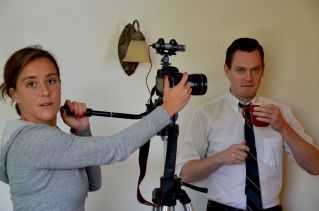 (l-r) Cinematographer, Lisa Gallo & Actor, Bob Turton
(l-r) Cinematographer, Lisa Gallo & Actor, Bob Turton






